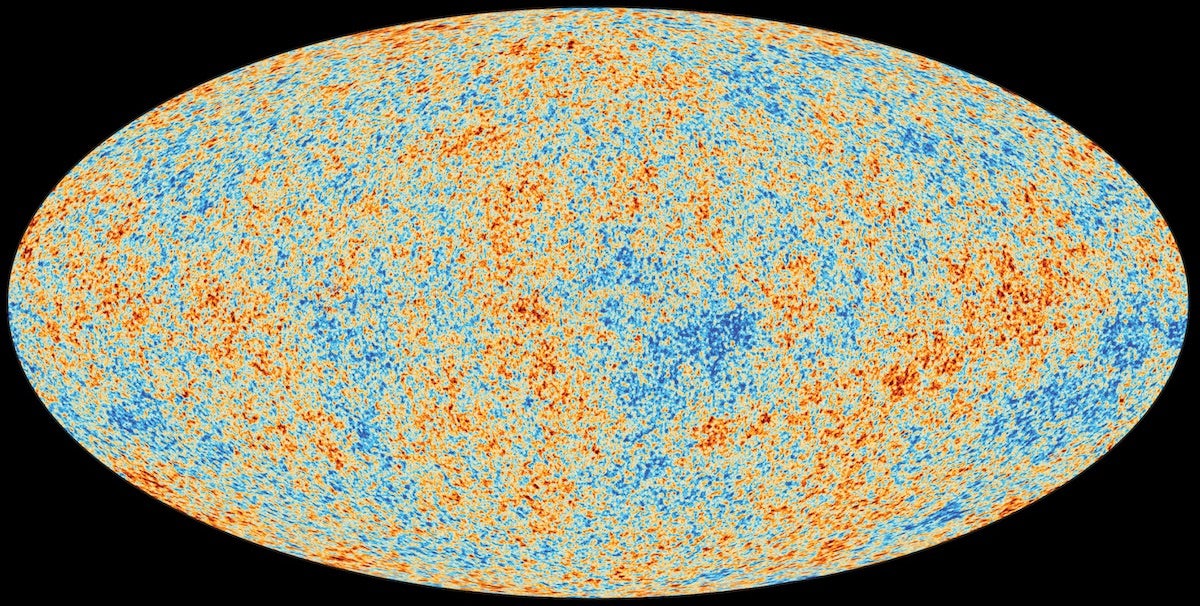Seldom Bucket
Well-Known Member
This question is so common — and important — that it has a name: Olbers’ paradox. Named for 19th-century astronomer Heinrich Olbers (though the question had been asked for centuries prior), the idea is this: If the universe is infinite and full of stars, then no matter where we look, our line of sight should fall on a star, and the night sky should be bright instead of dark. But this is not the case, and the answer actually tells us a lot about our universe and its limitations.
The key to this “problem” is that the universe is not infinitely old. We know that it is only about 13.7 billion years old and it has been expanding for that entire time. The stars in the universe have only had 13.7 billion years to be born, evolve, and die, so the universe is not actually filled with stars at every location for us to see.
Additionally, light from the stars that do exist needs time to reach us. We can only see light that has had enough time since the beginning of the universe to travel from its origin to Earth. Furthermore, as the universe expands, light traveling toward us from distant sources undergoes a process called Doppler shifting, which stretches the light to longer wavelengths. Given a large enough shift, the light is no longer visible to the human eye — and in fact, the oldest radiation we can see in the universe, the cosmic microwave background, has been stretched by a factor of about 1,000, so that it appears much cooler and at much longer wavelengths than when it was produced. This radiation, though it is everywhere, is invisible to the naked eye.
Ultimately, the nature of the universe itself — expanding, evolving, and with a finite age — are the reasons that we do not see light all around us and the night sky appears dark.

Why is the night sky dark? | Astronomy.com
categories:Science | tags:Ask Astro, Magazine
